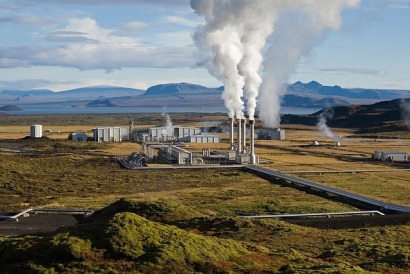
"The Rodatherm Project represents a potentially vital next step in Utah's renewable energy journey,” said Paul Briggs, BLM Cedar City Field Manager. “Together, we're pioneering a more sustainable future for all, continuing our commitment to science-based clean energy solutions and responsible land stewardship.”
The project is expected to operate for approximately one year and will involve the development of two well pads, drilling of five wells, testing of two closed geothermal loops, and construction of necessary access roads. The project approval comes along with a Finding of No Significant Impact, a step in the environmental review process.
The decision record, Finding of No Significant Impact, and the environmental assessment may be found on BLM’s ePlanning website: https://eplanning.blm.gov/eplanning-ui/project/2022615/510.
Geothermal was the first type of renewable energy that the BLM approved for production on public lands, with the first project approved in 1978. Today there are 48 operating power plants developing geothermal energy from BLM-managed lands, with a combined total of more than 2.5 gigawatts of generation capacity.
The BLM manages vast stretches of public lands with the potential to make significant contributions to the nation’s renewable energy portfolio and provides sites for environmentally sound renewable energy projects. Efficient deployment of renewable energy from our nation’s public lands is crucial in achieving the Biden-Harris administration’s goal of a carbon pollution-free power sector by 2035, as well as Congress’ direction in the Energy Act of 2020 to permit 25 gigawatts of solar, wind, and geothermal production on public lands no later than 2025.

